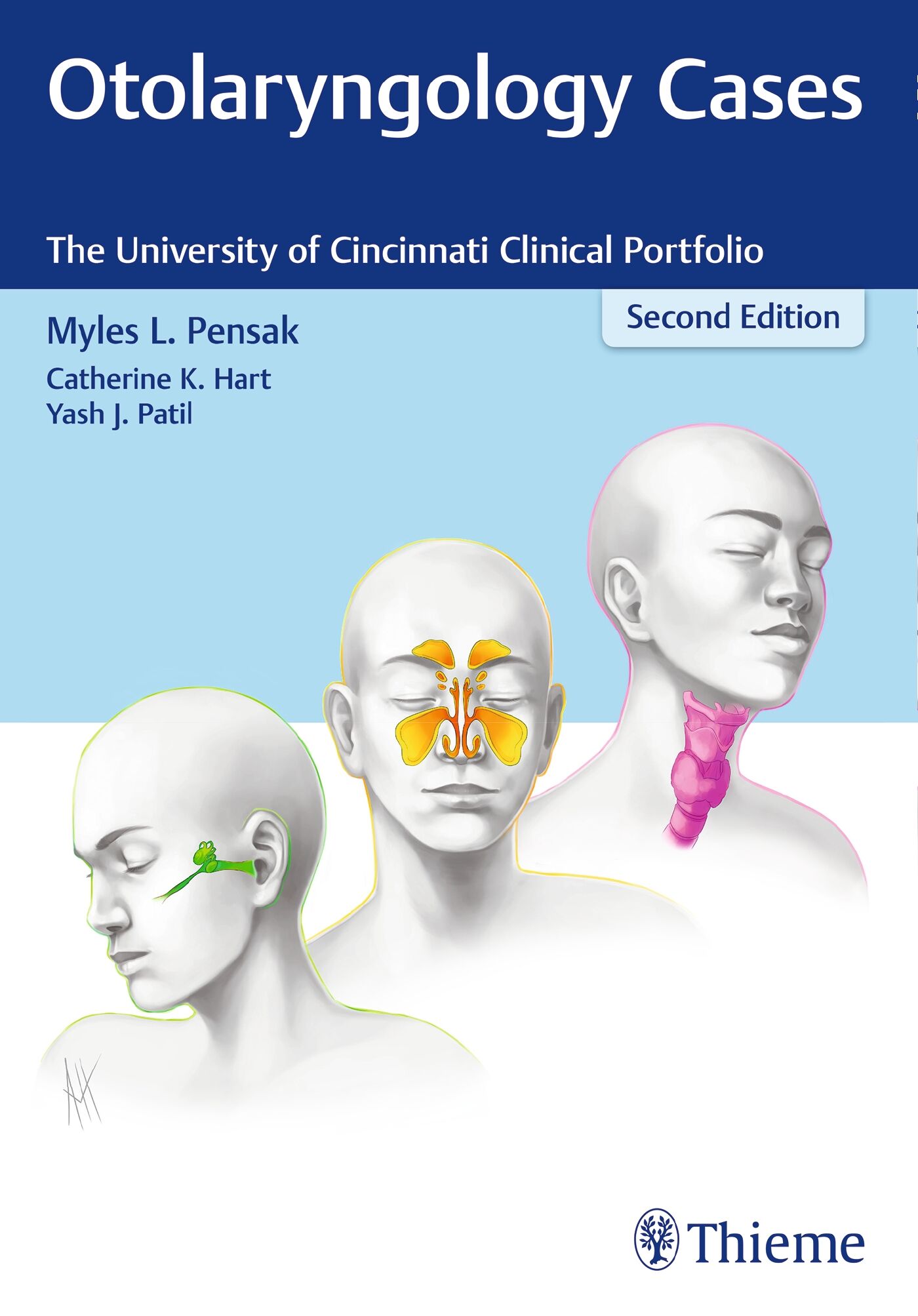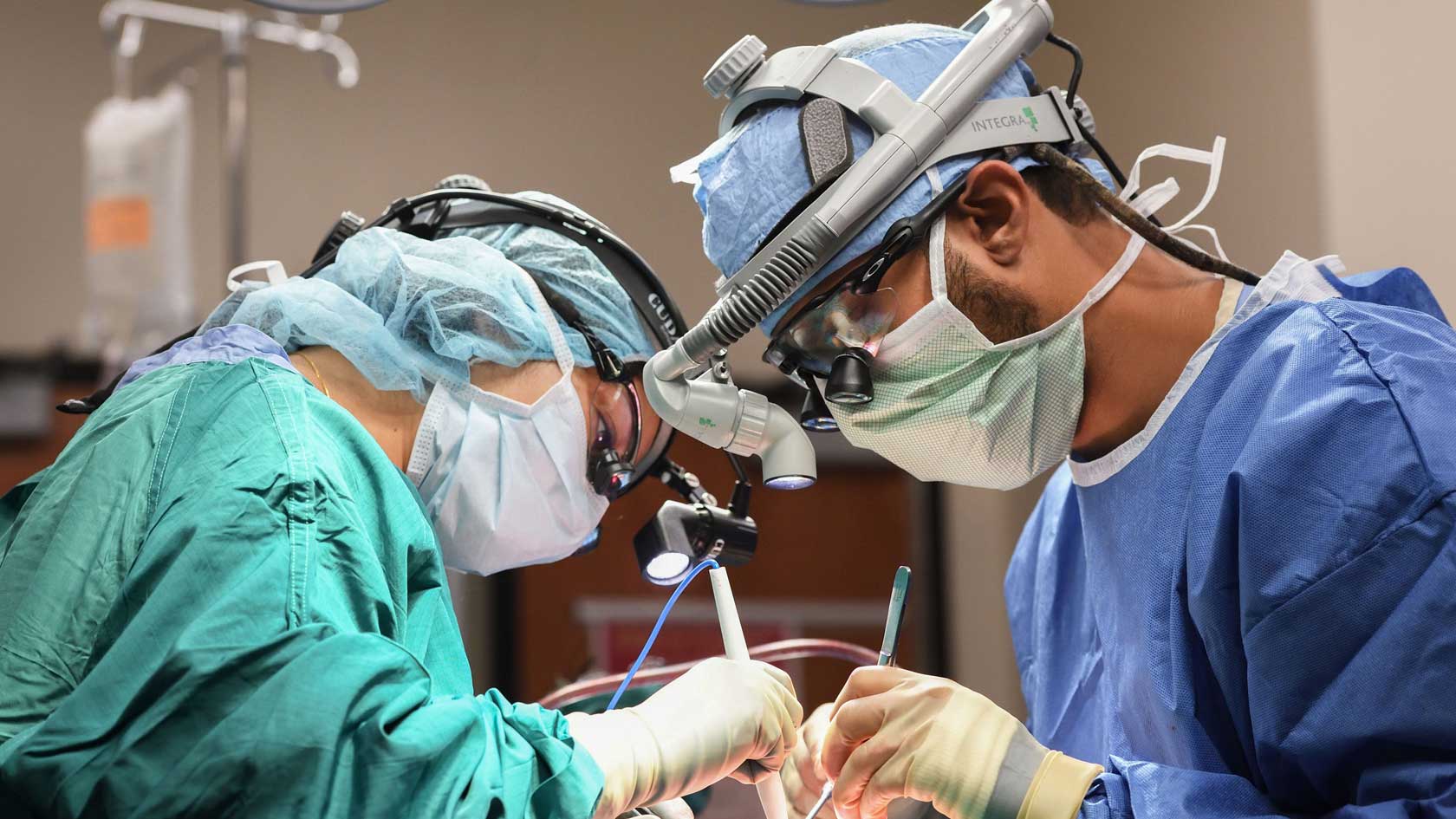Exploring the Field of Otolaryngology: What to Expect When You Seek Advice From an ENT
Otolaryngology, generally described as ENT, includes the diagnosis and treatment of ear, throat, and nose disorders. For those experiencing relevant problems, getting in touch with an ENT professional can supply clearness and relief. Recognizing what to anticipate during such assessments is essential for reliable interaction and care. This summary will lay out crucial aspects of the ENT experience, consisting of typical factors for sees and the processes associated with medical diagnosis and treatment.

Comprehending Otolaryngology: An Introduction
Otolaryngology, frequently described as ENT (Throat, ear, and nose) medicine, is a specialized branch of medication that concentrates on the diagnosis and therapy of conditions influencing these vital areas of the body. This field includes a wide variety of disorders, consisting of those relevant to hearing, balance, respiratory system feature, and speech. Otolaryngologists are educated to manage both medical and surgical therapies, using innovative methods and modern technologies. Their know-how extends beyond standard ailments, attending to concerns such as allergies, sinus infections, and hearing loss. Furthermore, they play a critical role in the administration of head and neck cancers cells, giving extensive treatment customized to individual patient requirements. Generally, otolaryngology continues to be important for preserving health and wellness and top quality of life in damaged people.
Common Reasons to See an ENT Professional
Lots of individuals look for the proficiency of an ENT expert for a selection of factors, showing the varied nature of problems that impact the ear, throat, and nose. Usual issues consist of persistent sinusitis, which commonly results in relentless nasal congestion and facial pain. Allergic reactions and their linked signs, such as itching and sneezing, additionally prompt sees to these professionals (Otolaryngology). Hearing loss, whether progressive or abrupt, is an additional substantial factor for assessment. Additionally, people might look for evaluation for throat conditions, including relentless hoarseness or swallowing difficulties. Rest apnea, identified by disturbed breathing throughout rest, is often resolved by ENT professionals. Each of these problems highlights the value of specialized care in handling complex ENT-related health issues
Preparing for Your ENT Appointment
When planning for an ENT consultation, it is important to collect relevant details and take into consideration any kind of certain worries. Clients ought to compile a thorough clinical history, including previous ear, nose, or throat concerns, surgical procedures, and current drugs. Documenting symptoms-- such as seriousness, regularity, and duration-- can give useful insights for the ENT professional. Furthermore, people ought to prepare a checklist of concerns they desire to ask, guaranteeing that all problems are resolved throughout the check out. Bringing along any appropriate clinical records or test outcomes can further help the ENT in recognizing the client's problem. Ultimately, clients must confirm their visit information, consisting of location, time, and date, to reduce any type of final complication. Proper preparation can improve the performance of the consultation and result in much better results.
What to Anticipate Throughout the Examination
As the consultation begins, the client can expect to take part in a detailed conversation with the ENT specialist about their symptoms and medical background. The professional will certainly ask about the period, regularity, and extent of signs and symptoms such as hearing loss, nasal blockage, or sore throat. Additionally, the patient's previous medical problems, medicines, and any type of relevant family members background will be evaluated, aiding the specialist in creating a total understanding of the individual's health and wellness. The ENT may also ask concerning way of life elements, such as direct exposure to toxic irritants or allergens. This open discussion establishes a structure for the appointment, ensuring that the client's problems are resolved and setting the phase for any necessary analyses or suggestions for therapy.
Diagnostic Examinations and Treatments in Otolaryngology
A variety of analysis tests and treatments are vital in otolaryngology to properly evaluate and identify problems influencing the ear, nose, and throat. Common tests consist of jeff hall ent audiometry, which measures hearing function, and tympanometry, assessing middle ear pressure. Nasal endoscopy permits visualization of the nasal flows and sinuses, while laryngoscopy analyzes the throat and singing cables. Imaging methods, such as CT scans and MRIs, give comprehensive sights of head and neck frameworks. Allergy testing may additionally be conducted to determine triggers for sinus or respiratory problems. These diagnostic tools make it possible for ENT professionals to develop a comprehensive understanding of individuals' problems, making certain customized and efficient monitoring plans. Proper diagnosis is crucial for effective therapy end results in otolaryngology.
Therapy Alternatives Offered by ENT Specialists
ENT specialists provide a variety of treatment options tailored to address particular conditions affecting the nose, ear, and throat. These treatments range from conservative strategies, such as drug and way of living alterations, to even more invasive procedures. For example, allergic reactions may be managed with antihistamines or immunotherapy, while persistent sinus problems may need nasal corticosteroids or sinus surgical procedure. For hearing loss, ENT experts frequently recommend listening device or medical interventions like cochlear implants. In instances of throat conditions, options can consist of speech therapy or surgeries to eliminate blockages. Furthermore, they may give assistance for managing rest apnea, including making use of CPAP devices or medical interventions. On the whole, the objective look at these guys is to boost individuals' top quality of life with personalized treatment and effective treatment strategies.
When to Look For Follow-Up Care With an ENT
When to look for follow-up care with an ENT expert is crucial for taking care of continuous signs or complications associated to ear, throat, and nose conditions, identifying. Patients must take into consideration scheduling a follow-up visit if signs linger despite preliminary therapy, such as chronic ear discomfort, nasal congestion, or throat discomfort. Modifications in hearing, equilibrium concerns, or uncommon nasal discharge might additionally warrant further assessment. In addition, if a person experiences adverse effects from prescribed medications or has undergone an operation, follow-up treatment is vital to monitor recovery and attend to any issues. Timely assessments can ensure efficient management of conditions, prevent potential problems, and offer assurance concerning one's health. Seeking follow-up treatment promotes proactive health management in otolaryngology.
Regularly Asked Inquiries

What Qualifications Should I Look for in an ENT Specialist?
When looking for an ENT professional, one need to seek board qualification, relevant experience, and solid individual evaluations. Furthermore, efficient communication abilities and a thoughtful technique can considerably improve the overall therapy experience.
Exactly how Do I Choose the Right ENT for My Needs?
Picking the ideal ENT expert involves reviewing their certifications, experience, and individual reviews (ENT Doctor). It is vital to consider their communication design and method to therapy, ensuring they straighten with the individual's details health and wellness needs and choices
Exist Any Type Of Risks Connected With ENT Procedures?
The risks connected with ENT treatments may consist of infection, bleeding, anesthesia complications, and prospective damages to surrounding frameworks. Clients should review these risks with their doctor to understand private problems and guarantee informed choices.
How Can I Handle Anxiety Before My ENT Visit?
To take care of anxiety before a visit, people can exercise deep breathing exercises, imagine favorable end results, prepare questions ahead of time, and look for assistance from friends or household, promoting a feeling of confidence and peace.
What Should I Do if I Experience Adverse Effects From Treatment?
The individual must immediately report them to their medical care copyright if side results from therapy take place. Changes nasal swelling to therapy or extra interventions may be required to guarantee safety and effectiveness in managing their problem - Hearing. As the consultation starts, the person can anticipate to engage in a comprehensive discussion with the ENT specialist concerning their signs and symptoms and clinical background. These diagnostic tools make it possible for ENT experts to establish a comprehensive understanding of clients' conditions, ensuring customized and efficient management strategies. ENT experts offer a selection of therapy options customized to deal with specific problems affecting the throat, nose, and ear. When looking for an ENT professional, one should look for board certification, appropriate experience, and strong individual reviews. Selecting the right ENT professional involves examining their qualifications, experience, and person reviews
Comments on “Should You See an ENT Be the Best Option for Your Allergy Management?”